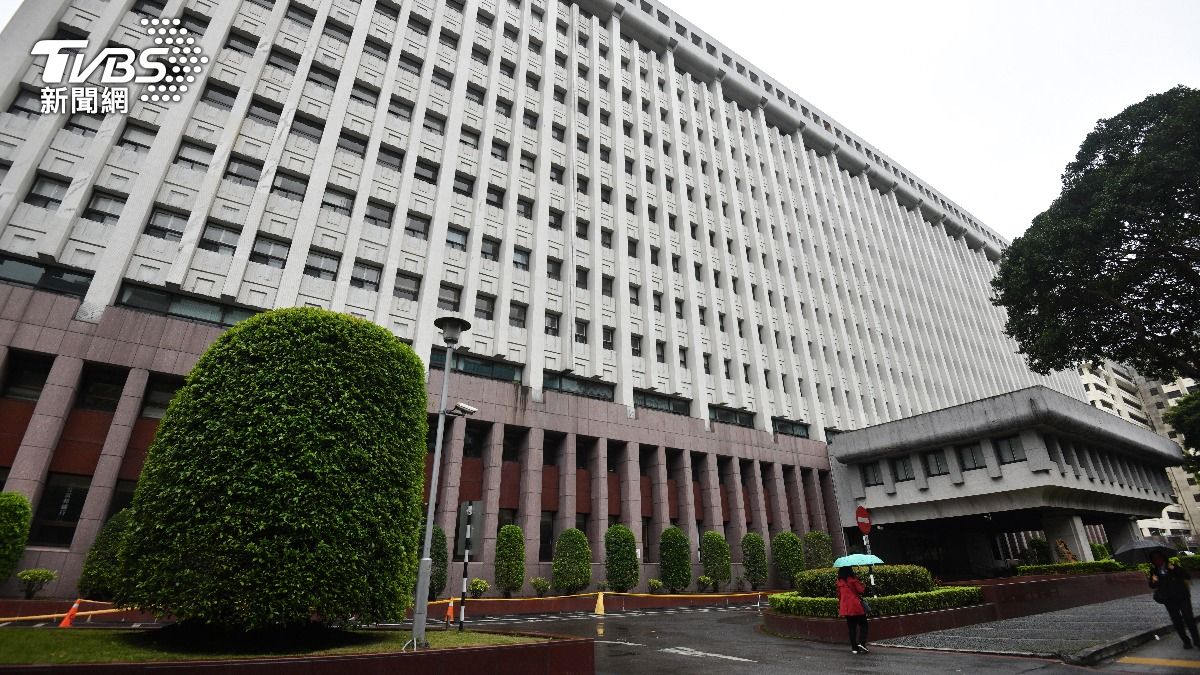TAIPEI (TVBS News) — Formosa Plastics Group (台塑集團) announced a 3% salary increase for all employees during a wage negotiation meeting on Wednesday (July 17). Led by President William Wang (王文淵), the company's executives and union representatives discussed the adjustment, which will raise the average monthly salary from NT$57,500 to nearly NT$60,000.
Despite significant revenue and profit declines in 2023, the company decided on this increase. Formosa Plastics Group's four significant companies, including Formosa Plastics Corporation (台灣塑膠工業), Nan Ya Plastics Corporation (南亞塑膠工業), Formosa Chemicals and Fibre Corporation (台灣化學纖維), and Formosa Petrochemical Corporation (台塑石化) reported a combined revenue of NT$1.503 trillion, an 18% decrease from the previous year. Their net profit after tax dropped by 51.1% to around NT$44 billion.
This year, union representatives initially proposed a 3% salary hike and an NT$600 monthly meal allowance, aiming for a total raise of about 4%. Although the meal allowance was not included, Wang agreed to consider it in the future.
The Formosa Plastics Group president emphasized the need for steady operations amid economic uncertainties. He highlighted the ongoing AI transformation, which generates about NT$6 billion annually but requires accelerated progress. He stressed the importance of continued product innovation to maintain the company's competitive edge.
Formosa Plastics Group's four significant companies reported a combined revenue of NT$746.4 billion for the first half of 2024, a 1.9% year-over-year increase. Their net profit after tax rose by 63.6% to NT$15.6 billion. However, the companies face challenges due to China's suspension of tariff concessions, which was announced at the end of May.



